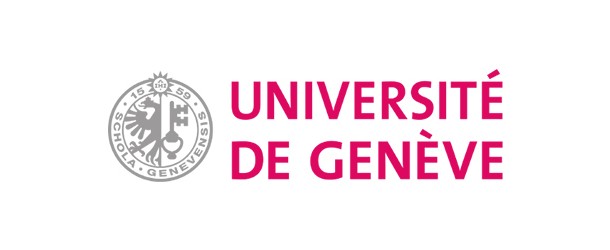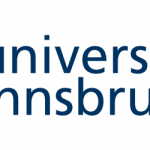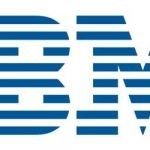Record-breaking qubit storage brings quantum telecommunication closer

(IFLScience) Long-distance quantum telecommunication would allow distant quantum computers to be linked together. For this to occur, however, we need to be able to extend the length of time over which quantum bits of information can be stored, This means a new storage record is an important step forward, even if the time is still shorter than the human capacity to detect.
Qubits can be transmitted along optical fibers as light, just like ordinary bits can – but like the ordinary bits, there is a limit on the distance the photons carrying them can go before repeater stations are required. Unlike classical bits, however, these repeater stations can’t copy or amplify the qubits without depriving them of their precious quantum state.
The solution lies in creating crystals with quantum memory, allowing photons to transfer their quantum state to the atoms in the crystal, which can then be recreated for sending on. Such memory was first demonstrated in 2015, but lasted just 0.5 milliseconds. With 10ms being the bare minimum for practical use, the quest was on to do better.
In the journal npj Quantum Information, the team responsible for the 2015 paper has announced they have bettered their previous performance by a factor of 40.
As short as 20 milliseconds is to our senses, Dr Mikael Afzelius of the University of Geneva said in a statement: “This is a world record for a quantum memory based on a solid-state system, in this case a crystal. We have even managed to reach the 100 millisecond mark with a small loss of fidelity,”
Afzelius and co-authors doped yttrium silicon dioxide crystals with one of the least famous elements in the periodic table, the rare earth europium. When the crystals were kept at temperatures close to absolute zero their atoms maintain states of quantum entanglement.
Afzelius and co-authors doped yttrium silicon dioxide crystals with one of the least famous elements in the periodic table, the rare earth europium. When the crystals were kept at temperatures close to absolute zero their atoms maintain states of quantum entanglement.
The paper attributes most of the improvement to the addition of the magnetic field. It notes the doped crystals allow efficient “multiplexing” of qubits in different degrees of freedom so many modes of qubits can be stored, rather than each qubit mode needing its own crystal. To extend the storage period, it will be necessary to produce less heat in the decoupling or find a better way to remove it.























